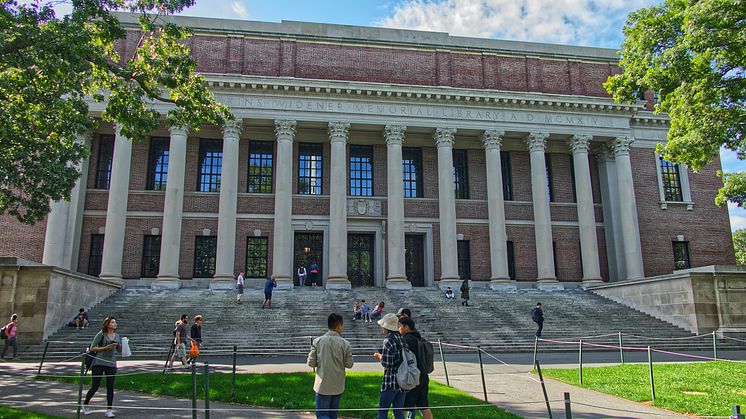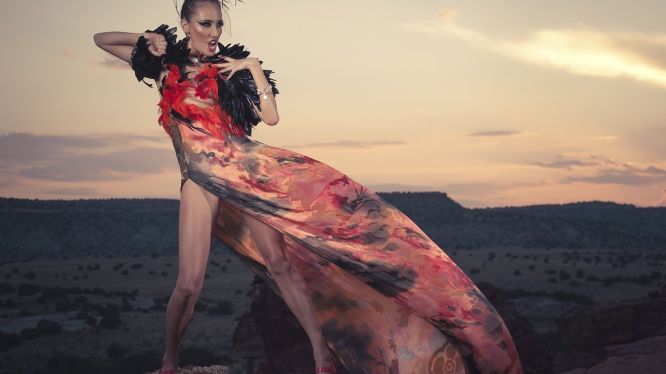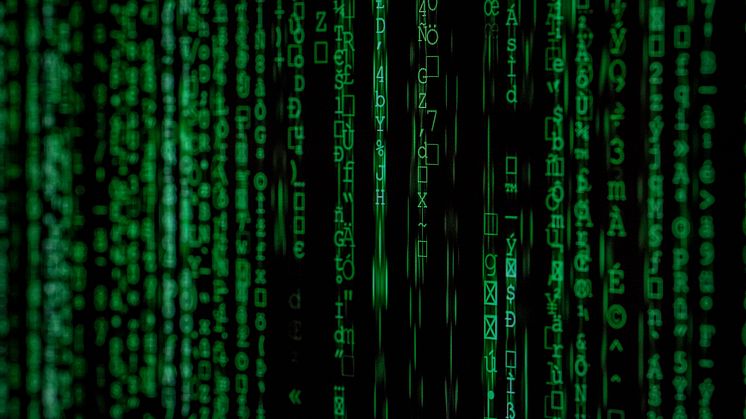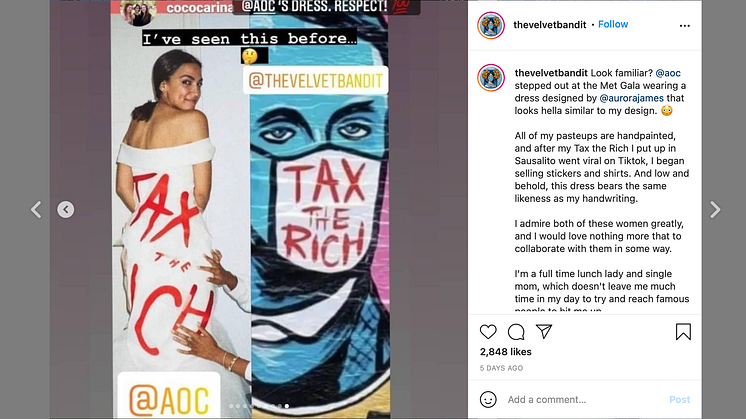
News -
Harvard University vs Harvard Jeans
The following article by Erwin V. Zamorawas was first published here by Bengzon Negre Untalan (BNU), a Philippines-based law firm focused on the practice of intellectual property law. It is re-published here with BNU's permission.
In 2011, Fredco Manufacturing Corporation (Fredco) filed before the Bureau of Legal Affairs of the Philippine Intellectual Property Office a Petition for Cancellation of Registration No. 56561 issued to President and Fellows of Harvard College (Harvard University) for the mark “Harvard Veritas Shield Symbol” under classes 16, 18, 21, 25 and 28.
Fredco claimed that Harvard University had no right to register the mark in class 25, since its Philippine registration was based on a foreign registration. Thus, Harvard University could not have been considered as a prior adopter and user of the mark in the Philippines.
Fredco explained that the mark was first used in the Philippines by its predecessor-in-interest New York Garments as early as 1982, and a certificate of registration was issued in 1988 for goods under class 25. Although the registration was cancelled for the non-filing of an affidavit of use, the fact remained that the registration preceded Harvard University’s use of the subject mark in the Philippines.
Harvard University, on the other hand claimed that the name and mark “Harvard” was adopted in 1639 as the name of Harvard College of Cambridge, Massachusetts, USA. The marks “Harvard” and “Harvard Veritas Shield Symbol,” had been used in commerce since 1872, and was registered in more than 50 countries.
The Bureau of Legal Affairs (BLA) ruled in favor of Fredco and ordered the cancellation of Registration No. 56561. It found Fredco to be the prior user and adopter of the mark “Harvard” in the Philippines. On appeal, the Office of the Director General of the Intellectual Property Office reversed the BLA ruling on the ground that more than the use of the trademark in the Philippines, the applicant must be the owner of the mark sought to be registered. Fredco, not being the owner of the mark, had no right to register it.
The Court Appeals affirmed the decision of the Office of the Director General. Fredco appealed the decision with the Supreme Court. In its appeal, Fredco insisted that the date of actual use in the Philippines should prevail on the issue of who had a better right to the mark.
The Supreme Court ruled:
“The petition has no merit.
Under Section 2 of Republic Act No. 166, as amended (R.A. No. 166), before a trademark can be registered, it must have been actually used in commerce for not less than two months in the Philippines prior to the filing of an application for its registration. While Harvard University had actual prior use of its marks abroad for a long time, it did not have actual prior use in the Philippines of the mark "Harvard Veritas Shield Symbol" before its application for registration of the mark "Harvard" with the then Philippine Patents Office. However, Harvard University's registration of the name "Harvard" is based on home registration which is allowed under Section 37 of R.A. No. 166. As pointed out by Harvard University in its Comment:
Although Section 2 of the Trademark law (R.A. 166) requires for the registration of trademark that the applicant thereof must prove that the same has been actually in use in commerce or services for not less than two (2) months in the Philippines before the application for registration is filed, where the trademark sought to be registered has already been registered in a foreign country that is a member of the Paris Convention, the requirement of proof of use in the commerce in the Philippines for the said period is not necessary. An applicant for registration based on home certificate of registration need not even have used the mark or trade name in this country.”
“In any event, under Section 239.2 of Republic Act No. 8293 (R.A. No. 8293), "[m]arks registered under Republic Act No. 166 shall remain in force but shall be deemed to have been granted under this Act x x x," which does not require actual prior use of the mark in the Philippines. Since the mark "Harvard Veritas Shield Symbol" is now deemed granted under R.A. No. 8293, any alleged defect arising from the absence of actual prior use in the Philippines has been cured by Section 239.2.”
The Supreme Court further ruled that Harvard University is entitled to protection in the Philippines of its trade name “Harvard” even without registration of such trade name in the Philippines. It explained:
“There is no question then, and this Court so declares, that "Harvard" is a well-known name and mark not only in the United States but also internationally, including the Philippines. The mark "Harvard" is rated as one of the most famous marks in the world. It has been registered in at least 50 countries. It has been used and promoted extensively in numerous publications worldwide. It has established a considerable goodwill worldwide since the founding of Harvard University more than 350 years ago. It is easily recognizable as the trade name and mark of Harvard University of Cambridge, Massachusetts, U.S.A., internationally known as one of the leading educational institutions in the world. As such, even before Harvard University applied for registration of the mark "Harvard" in the Philippines, the mark was already protected under Article 6bis and Article 8 of the Paris Convention.”



